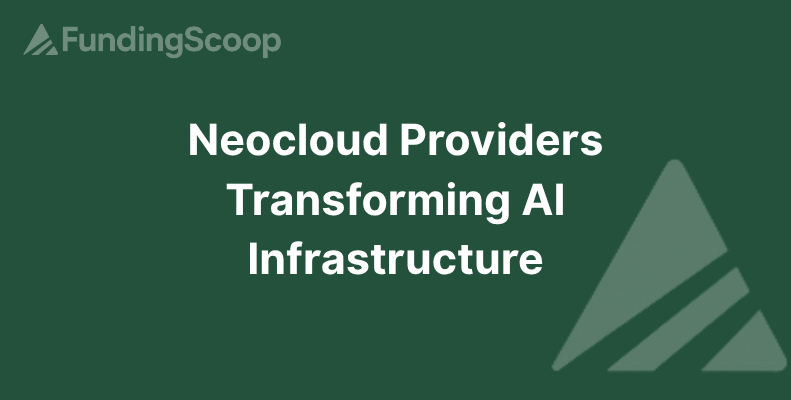
Neocloud Providers Transforming AI Infrastructure
Marcus Ashford
Neocloud providers are transforming AI workloads with GPU-as-a-service, reshaping cloud computing and attracting major investments. The UK is experiencing this shift, challenging traditional cloud models to adapt. Regulatory bodies should ensure fair growth while managing risks. Despite the sector's potential for £23 billion in revenues, businesses must plan for infrastructure needs to avoid issues like past AWS outages. UK SMEs should prepare for a future where agility and specialized solutions are essential.
In the evolving landscape of artificial intelligence, the rise of 'neocloud' providers is nothing short of groundbreaking. These companies, specialising in GPU-as-a-service, are revolutionising how AI workloads are handled, attracting massive investments and reshaping the competitive dynamics of cloud computing. A recent piece from AI Business reveals how these providers are stepping onto the generative AI scene with bold strategies and multibillion-pound contracts.
Beyond just scalability, the shift to neocloud services is underpinned by the need for more efficient, specialised computing resources tailored specifically for AI applications. The UK market is witnessing this change first-hand, with AWS and other cloud giants recalibrating their approach to remain competitive.
My Take
In my experience, these changes represent a crucial juncture for the industry. The traditional cloud computing models, while still relevant, are being challenged to evolve dynamically. As I've observed, there's a palpable tension between innovation and risk management. The UK regulatory environment must keep pace to ensure fair play amidst these seismic shifts, providing guardrails without stifling growth. Authorities such as the Competition and Markets Authority should closely watch these developments, as detailed in their recent report.
While the neocloud sector is poised for explosive growth, potentially hitting £23 billion in annual revenues, it's imperative that businesses understand both its potential and its limitations. High demand could lead to bottlenecks similar to past AWS outages, underscoring the need for robust infrastructure planning.
Ultimately, the future belongs to those who can blend cutting-edge technology with strategic foresight. For UK SMEs, this means adjusting to a new norm in digital infrastructure, where agility and specialised solutions become the standard rather than the exception.


